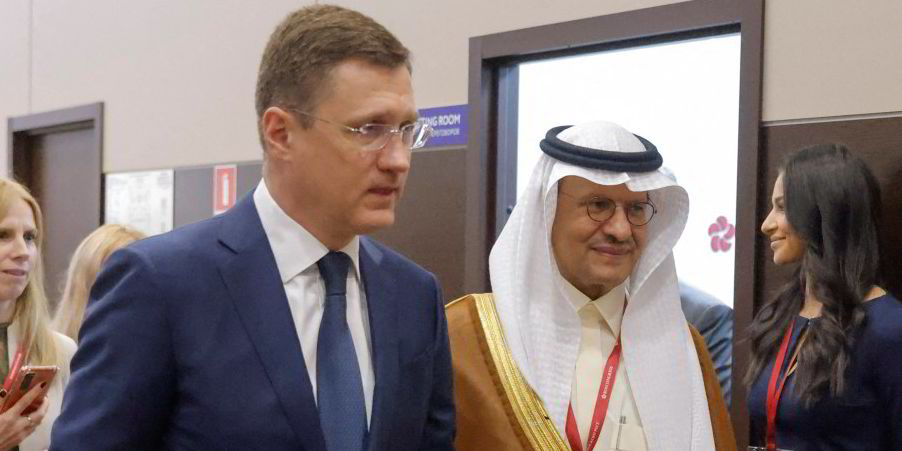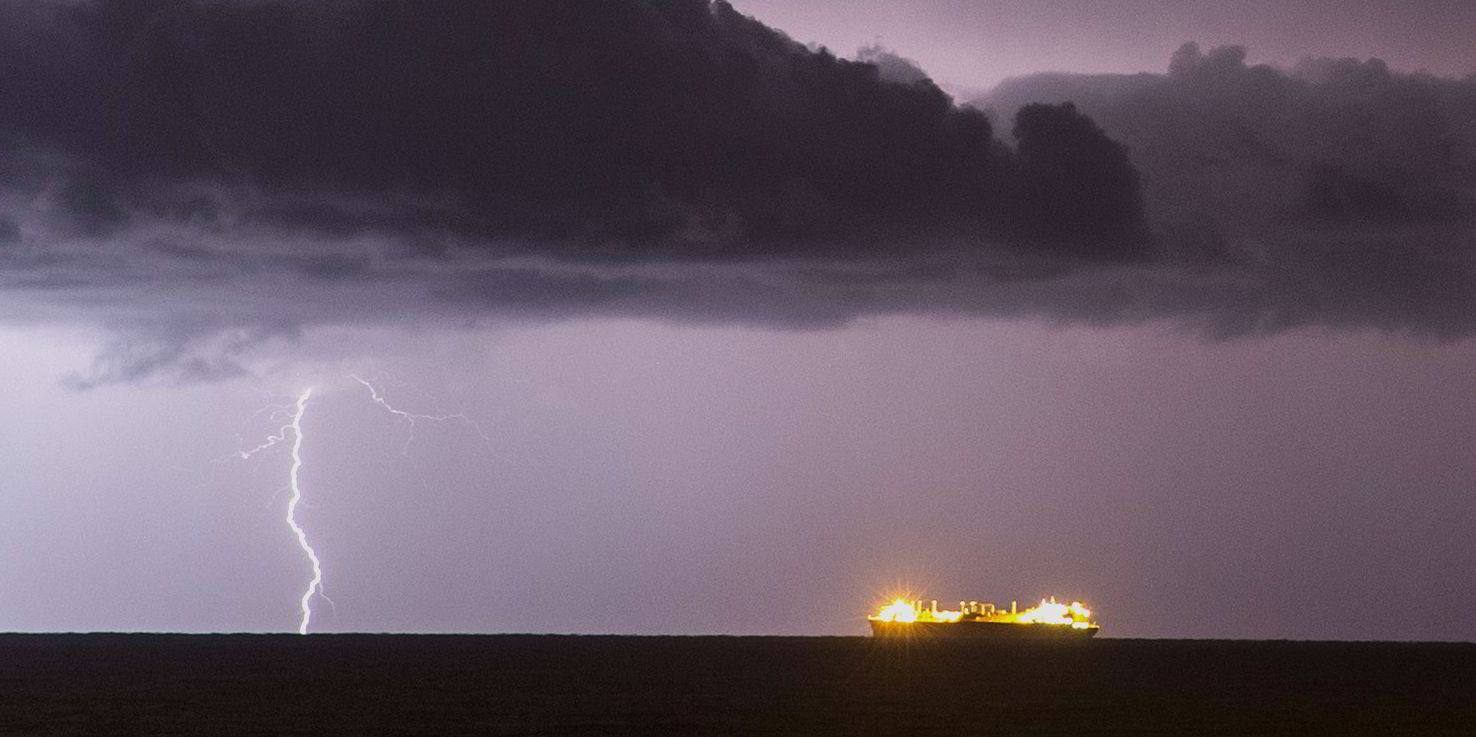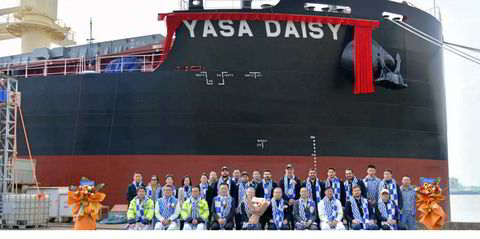All eyes are on the tanker markets from 5 December as the European Union bans seaborne Siberian oil imports and halts local insurance of vessels carrying Kremlin crude.
A day earlier in Vienna, the Opec+ group of mainly Middle East oil producers plus Russia met to decide what they plan to do about future oil quotas, bringing more uncertainty to global oil prices and the VLCC market, which will be affected.
Moscow has already been searching for new buyers further afield for its important revenue-generating energy exports after a massive drop-off in shipments towards the European continent.
Bloomberg estimates in the two weeks running up to mid-November there has been a 92% slump to 95,000 barrels per day of Russian crude arriving in Rotterdam, compared to levels seen just before Russia invaded Ukraine and triggered a series of countermeasures from Europe as punishment.
The Dutch port has been the only one left in northern Europe receiving any kind of Siberian oil, being the conduit to key importing countries traditionally in the shape of Germany, Poland and Holland itself.
Pipeline crude remains outside of the EU’s 5 December ban but the International Energy Agency has estimated that Moscow will still have more than 1m barrels of oil per day left on its hands from next week unless it can drum up new markets.
There has already been a huge surge in longer-haul tanker movements carrying Russian crude to China and India. These markets are now said to account for two-thirds of Russian seaborne oil exports.
Russian revenues from these shipments will also be affected from Monday in line with a G7 group decision to put a price cap on Vladimir Putin’s petroleum.
Alexander Novak, the Russian deputy prime minister, told the Interfax news agency that it will refuse to sell oil to anyone who abides by the G7 decision, reserving shipments for “market-orientated partners”.
It’s a nervy war of words but this coming week those words will turn into some kind of action that could have major implications for tankers.
Already Bloomberg estimates that China and India are using their newfound buying muscle to exact bargain basement prices. Russia’s flagship Urals crude has been trading at a 40% discount to the global benchmark Brent, which on 29 November had reached $85 per barrel even after a sell-off caused by concerns about the anti-Covid demonstrations in Shanghai and other Chinese cities.
The price differential could be costing the Kremlin coffers, some have speculated, around $4bn of lost revenue a month or $50bn a year if it persisted — quite some hit.

Even with downward pressure on energy prices from China’s continuing tough stance on Covid lockdowns and rising global interest rates, the disruption in the energy markets has been a boost for crude and gas carriers as Europe too looks to new sources of crude further afield.
There are no restrictions on Russian gas imports to Europe and LNG shipments between the two are up by 40% this year.
Clarksons Research estimates that Monday’s ban will add 6% on to the average distance of seaborne oil trades as Europe heads to the Middle East, US Gulf and West Africa for replacement barrels. My colleague Paul Peachey has been talking to tanker owners who believe their profits could be “supercharged” by the ban. And further restrictions for Russian oil products coming in from 5 February will bring a major lift to the clean tanker sector.
Latest figures out this week from market intelligence provider VesselsValue show the price of a secondhand VLCC 20 years or older has risen by over 50% since the start of January, aframaxes are up by 86% and gas carriers by more than 18% across the same period.
Foreign flags
A decent portion of the sale and purchase of secondhand vessels is being driven by Russian-owned tonnage being moved under foreign flags and ownership not covered by EU or other sanctions.
VesselsValues says it sees the market splitting into a conventional fleet that won’t go near Kremlin exports and an expansion of the “dark fleet” of tonnage already working for other exporters subject to sanctions such as Iran and Venezuela.
So stand by for Monday because as Torm boss Jacob Meldgaard put it: the energy world’s “tectonic plates are moving now”… and it’s not temporary.






